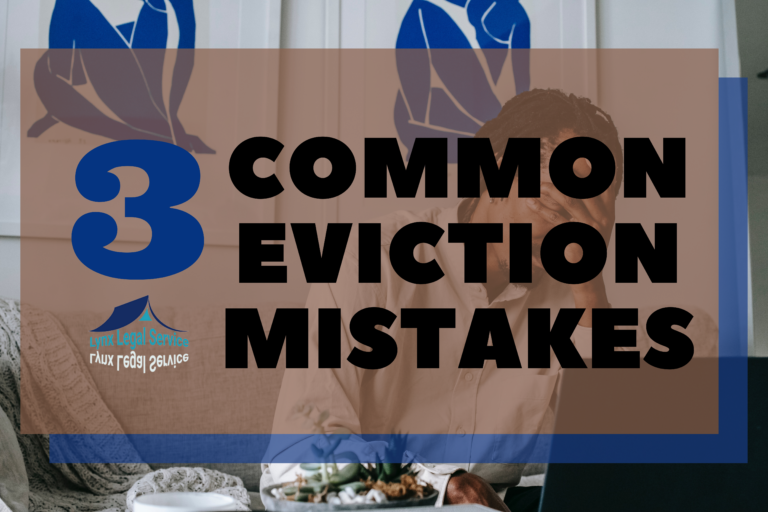Which Properties are Exempt from California’s Tenant Protection Act of 2019?
In 2019 the California legislature enacted California’s Tenant Protection Act (TPA) of 2019. In addition to limiting annual rent increases for much of California multi-unit residential properties, the TPA requires “just cause” to evict tenants in place for 12 months or more. Here is a synopsis of the TPA, and a breakdown of those properties not subject to its restrictions.
Synopsis of the TPA
Prior law (CC §1946.1) specified that the landlord may terminate a periodic tenancy without any “cause”, by serving a termination notice at least 60 days before the proposed termination date, or at least 30 days prior to that date if any tenant has resided in the dwelling for under one year.
The TPA changed this rule and requires landlords of covered units to establish one of the reasons for eviction enumerated by the statute – such as failure to pay rent—before evicting a tenant. This applies to any tenants that have been living in a unit longer than 12 months. The statute also provides for relocation assistance— equal to one month of rent either paid directly to the tenant or waived by the landlord—for all “no fault” just cause evictions such as owner move-ins. If the tenant fails to vacate after the notice expires, the relocation assistance paid is recoverable as damages in an eviction proceeding. The new law went into effect on January 1, 2020 and will expire in 2030, unless lawmakers extend it.
Not all properties, however, are subject to the TPA’s rent cap and “just cause” provisions. Those units not falling within the TPA’s reach (and not subject to a city-level “just cause” ordinance) do not need a reason to evict. The landlord’s mere desire to terminate a periodic tenancy suffices.
Properties Exempt from the TPA
Residential real estate exempt from the “just cause” eviction procedures include:
• residential units that have been issued a certificate of occupancy within the previous 15 years; • a duplex in which the owner occupied one unit as their principal residence when the tenancy began, and remains in occupancy;
• units restricted as affordable housing for households of very low, low, or moderate income, or subject to an agreement that provides subsidies for affordable housing for households of very low, low, or moderate income (e.g. Section 8 tenants);
• dormitories of any higher education institution in California;
• units in jurisdictions that have a just cause eviction ordinance.
• multi-unit transient occupancy housing like hotels and motels;
• accommodations in which the tenant shares kitchen or bathroom facilities with a Single Family Residence owner-occupant;
• Single Family Residences that can be sold and conveyed separate from the title to any other dwelling unit, provided the owner is not one of the following:
a real estate investment trust (REIT);
a corporation; or
a limited liability company (LLC) in which at least one member is a corporation; and
the tenant has been given written notice stating the rental property is exempt from the rent increase caps under the TPA. [CC §1947.12(d); CC §1946.2(e)].
Accordingly, single family homes and condos are exempt from the TPA if not owned by a REIT, a corporation or an LLC owned by at least one corporation—as long as the required notice is provided.
Notice Of TPA Exemption Required
Owners and property managers of residential rental units which are exempt from the just cause requirements of CC §1946.2 must provide tenants with either a lease addendum or notice signed by the tenant containing the required notice provision. Specifically, for all tenancies commenced or renewed after July 1, 2020, the following statutory language is to be a provision in all residential rental and lease agreements, written in 12-point type or larger:
“California law limits the amount your rent can be increased. See Section 1947.12 of the Civil Code for more information. California law also provides that after all of the tenants have continuously and lawfully occupied the property for 12 months or more or at least one of the tenants has continuously and lawfully occupied the property for 24 months or more, a landlord must provide a statement of cause in any notice to terminate a tenancy. See Section 1946.2 of the Civil Code for more information.”
Please contact Lynx Legal Service if you have a question whether your property is covered by the TPA. We can be reached at 888-441-2355 or info@lynxlegal.com. Our experienced professionals are standing by to answer any inquiries you may have.
